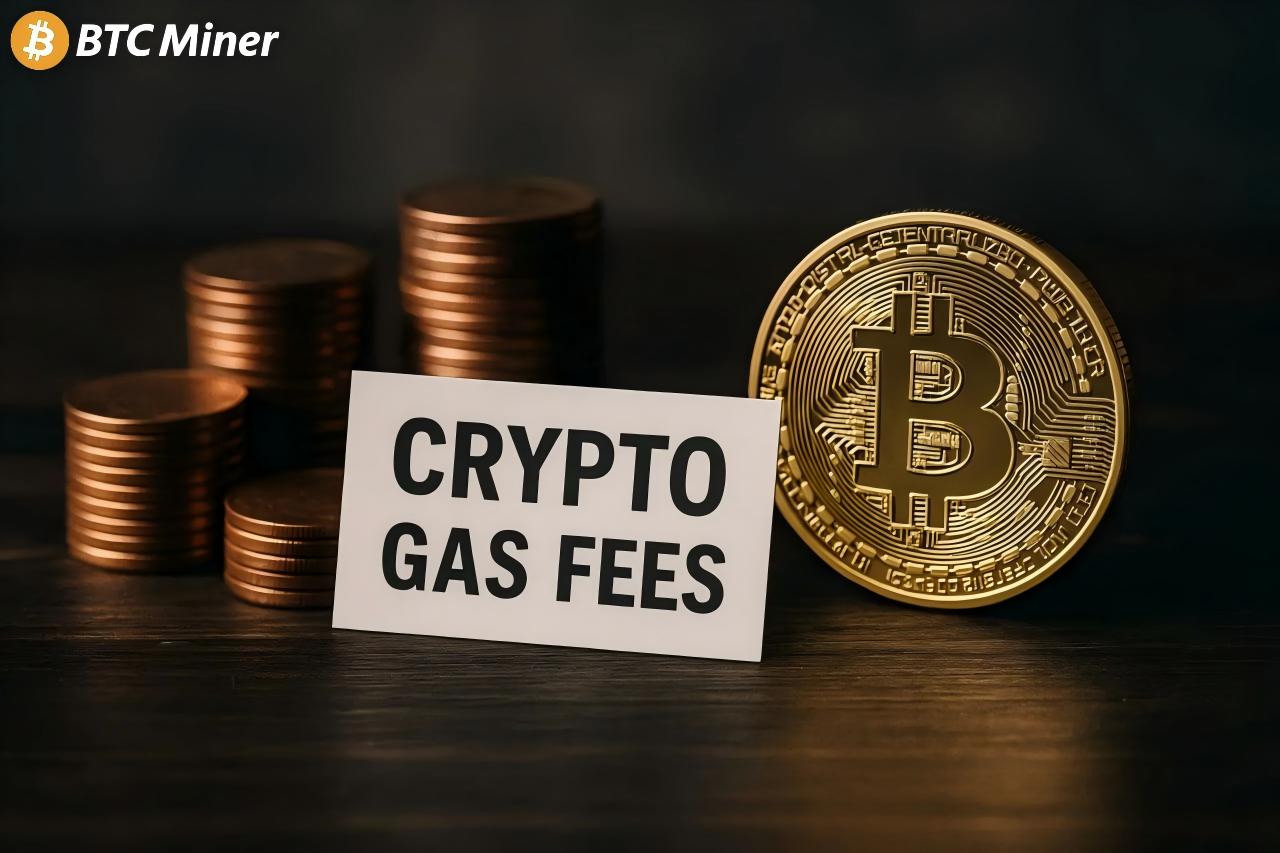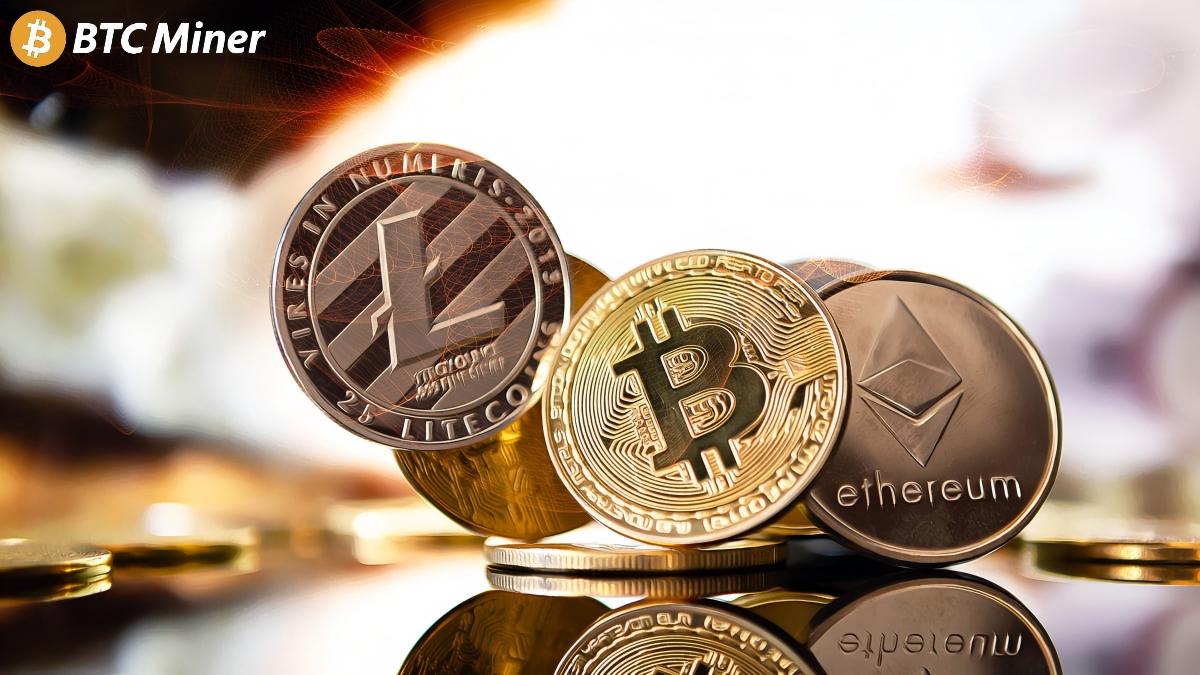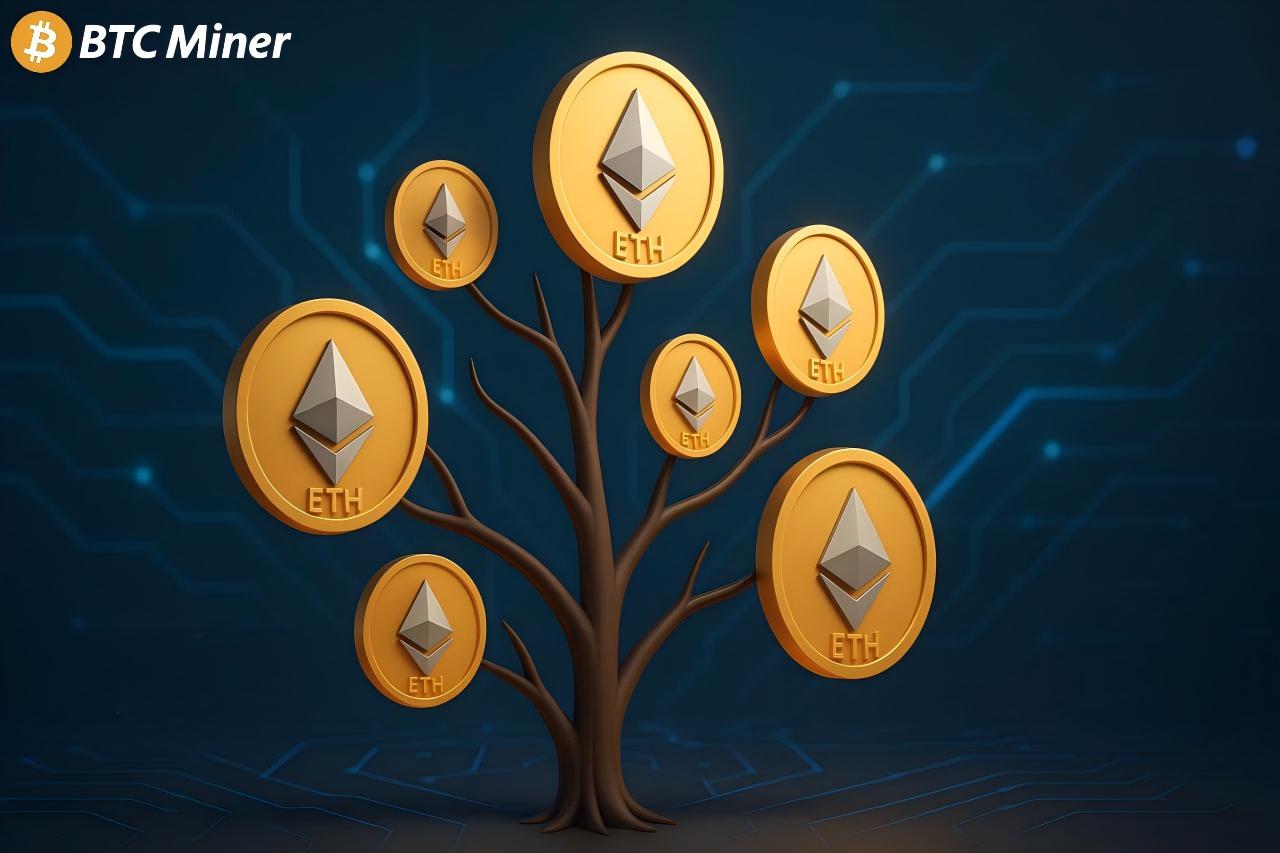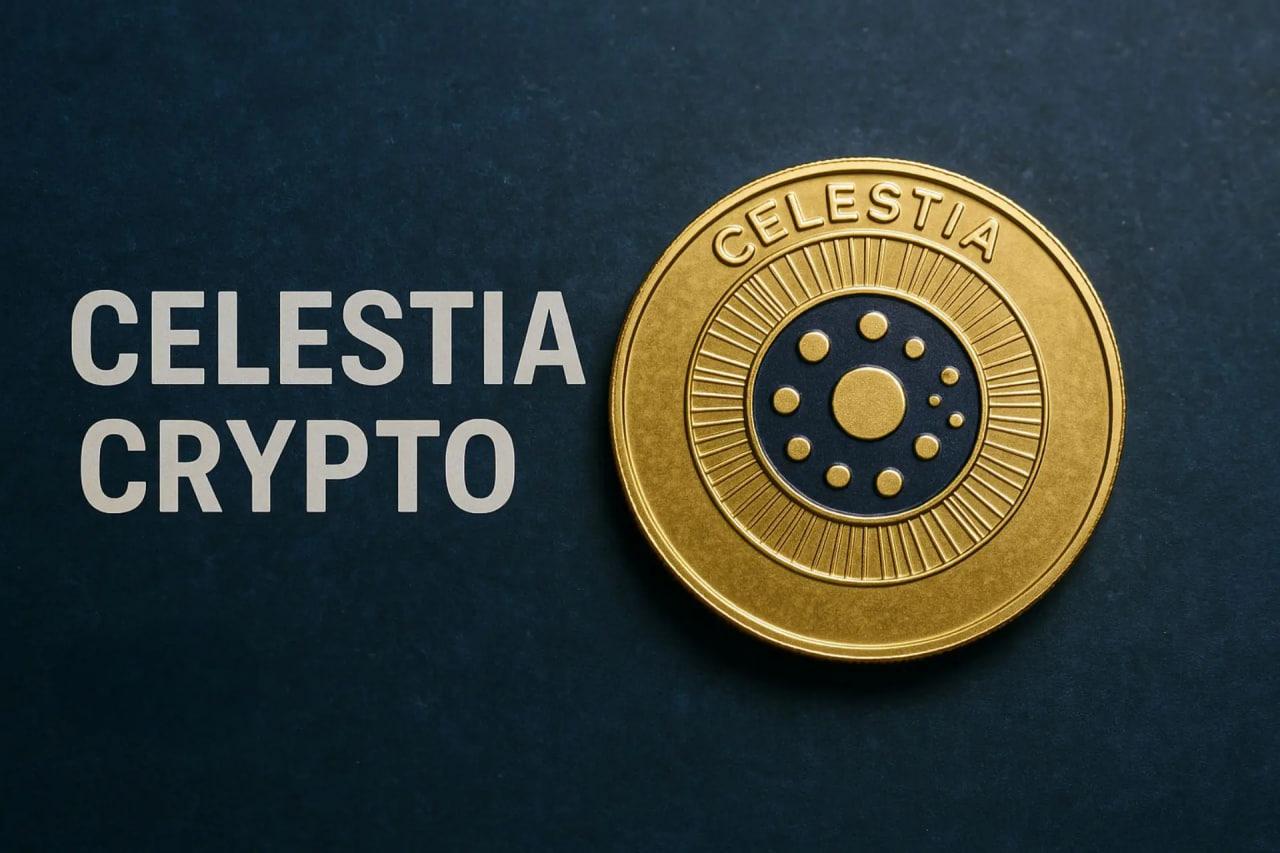Welcome to BTC Miner – your trusted blockchain mining assistant, ushering in a new era of smart mining with a 5% first deposit bonus and up to 9% referral bonuses, all of which can be withdrawn or used to purchase mining contracts.
Dogecoin (DOGE) mining used to be simple—anyone with a decent desktop, spare disk space, and a mid-range GPU could participate. But as Dogecoin’s popularity grew, the network hash rate soared, mining difficulty increased, and solo mining became far less viable for individuals.
Rise of Mining Pools
To adapt, many miners joined mining pools—collaborative networks where miners combine computing power and share rewards. Pool mining significantly improves efficiency and provides consistent payouts, similar to Bitcoin and Litecoin mining pools.
Merged Mining with Litecoin
Since 2014, Dogecoin has supported merged mining with Litecoin. Both use the Scrypt algorithm, allowing miners to mine both coins simultaneously using the same hardware. This setup boosts profitability without needing extra resources.
The Shift to ASIC Mining
Dogecoin mining has evolved from a hobby to a competitive business. Modern miners prefer ASIC (Application-Specific Integrated Circuit) devices built specifically for Scrypt-based coins. These machines outperform general-purpose GPUs and offer better long-term returns.
As of mid-2025, the Dogecoin network hash rate hovers around 820 TH/s, up from 320 TH/s in early 2024. DOGE's price remains relatively strong, trading between $0.16–$0.19, with a market cap near $25 billion.
What You Need to Mine Dogecoin
To mine effectively, you’ll need:
A computer (Windows, macOS, or Linux)
A Scrypt-compatible ASIC miner
Efficient power supply
Compatible mining software
A Dogecoin wallet (software or hardware)
Membership in a reliable mining pool
Electricity below $0.10/kWh (ideally)
Choosing the Right Hardware
There are three main hardware options:
CPU Mining: Technically possible, but inefficient and not profitable.
GPU Mining: More viable than CPU. Cards like NVIDIA RTX 4070, RX 7900 XT, and GTX 1660 Ti still work, especially in multi-coin setups.
ASIC Miners: The best choice for serious mining. Top performers in 2025 include:
Antminer L9 (17.6 GH/s)
Goldshell Mini DOGE III (735 MH/s)
Innosilicon A6+ LTCMaster (2.2 GH/s)
Dogecoin Mining Software
To connect your hardware to the Dogecoin network and start earning rewards, you need the right software. Popular 2025 options include:
CGMiner – Ideal for ASIC miners
EasyMiner – User-friendly for beginners
CPUMiner – Best for CPU mining
CudaMiner – For Nvidia GPUs
MultiMiner – Good for mixed hardware setups
Well-optimized mining software can boost efficiency by up to 12%.
Dogecoin Wallet Options
Your mining rewards need to be stored safely. Wallet options in 2025 include:
Software Wallets: Trust Wallet, Dogecoin Core, Exodus
Hardware Wallets: Ledger Nano X, Trezor Model T
Exchange Wallets: Binance, Kraken (best for short-term holding only)
Mining Methods: Solo, Pool, or Cloud
Solo Mining: Full reward control but high variance. Not ideal unless you have massive hash power.
Pool Mining: Used by over 95% of miners. Top pools include AntPool, Prohashing, F2Pool, and ViaBTC.
Cloud Mining: Platforms like NiceHash and Bitdeer offer DOGE mining contracts. Profitability depends on fees and DOGE price.
Mining Setup Best Practices
For optimal performance:
Connect ASIC to a stable power supply and internet (Ethernet recommended)
Use static IPs for better monitoring
Access miner settings via browser to input pool info
Monitor hash rate, temperature, and fan speeds
Energy Efficiency & Cooling
High-performance ASICs can consume over 3,000W. Efficient cooling is crucial:
Use intake/exhaust ventilation
Install air conditioning in hot areas
Consider immersion cooling for large farms
Clean hardware regularly and update firmware
Renewable Energy Adoption
Roughly 28% of Scrypt-based mining now uses renewable energy. Regions with hydro or solar power—like Canada, Sweden, and parts of South America—offer competitive electricity costs and environmental incentives.
Profitability Factors
Key variables include:
Mining difficulty: Adjusts every 240 blocks
DOGE price: Around $0.17 as of June 2025
Hardware efficiency: Measured in watts per megahash
Electricity cost: Profitability usually requires power under $0.12/kWh
Estimated daily profits:
Antminer L9: $3.50–$5.00/day
Mini DOGE III: $0.90–$1.40/day
(Varies by pool and electricity cost)
Is Dogecoin Still Worth Mining?
Yes, Dogecoin remains a strong option because of:
Fast block times (1 block per minute)
A large, active community
Reliable merged mining with Litecoin
However, coins like Kaspa, Monero, and Nexa may offer better returns depending on hardware and market trends.
Withdrawal Strategy
In 2025, many miners adopt a hybrid approach:
Convert 50% of mined DOGE to USDT or fiat
Hold the rest for long-term growth
Use tools like CoinMarketCap, CoinGecko, and block explorers to track performance
Recent Blog Posts
Useful Links
17 Whitworth Drive, Randlay, Telford, Shropshire, TF3 2NN

Start your mining journey with BTC Miner—no technical background required, no expensive equipment required. Just register an account and start mining within a few seconds to enjoy a safe, efficient and stable intelligent experience, helping you easily earn passive income.
 © 2025 BTC Miner All rights reserved
© 2025 BTC Miner All rights reserved

Start your mining journey with BTC Miner—no technical background required, no expensive equipment required. Just register an account and start mining within a few seconds to enjoy a safe, efficient and stable intelligent experience, helping you easily earn passive income.
17 Whitworth Drive, Randlay, Telford, Shropshire, TF3 2NN
 © 2025 BTC Miner All rights reserved
© 2025 BTC Miner All rights reserved









